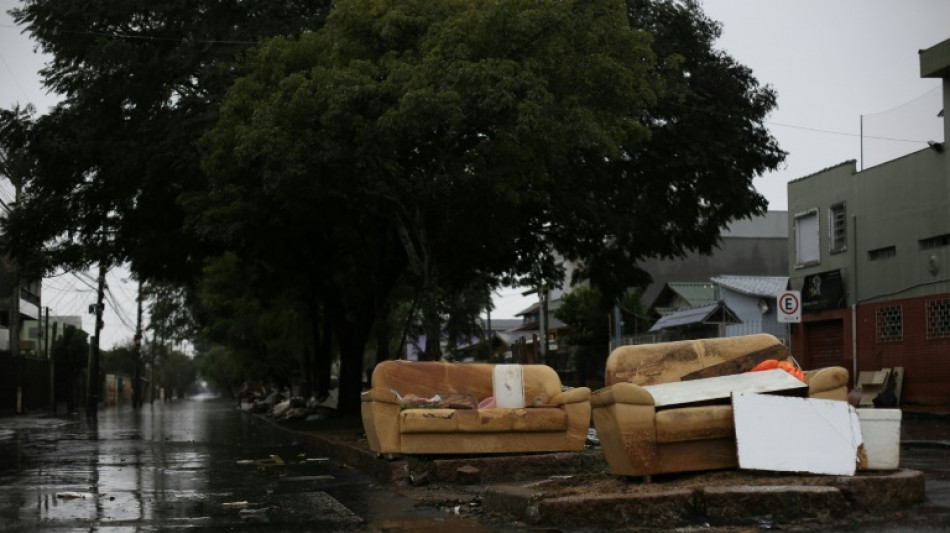

Rights court takes climate crisis hearing to Brazilian Amazon
Academics, activists and Indigenous people gathered Monday in the Brazilian Amazon to weigh in on a key legal question: What responsibility do states have in the face of climate emergencies?
The matter is one before the Inter-American Court of Human Rights, which was invited to Brazil to hold public hearings in a case that has drawn input from around the world.
The Brazilian Amazon, home to the world's largest rainforest, is a "region of indisputable importance" when facing the effects of climate change, said the president of the Costa Rica-based court, Nancy Hernandez Lopez, at the opening of the session.
The case was brought in January 2023 by Chile and Colombia, who have asked the court for an advisory opinion on a country's duties when "responding to the climate emergency under the framework of international human rights law."
"We ask the court to consider states' obligations to Indigenous peoples," said Junior Anderson Guarani Kaiowa, from Brazil's second-largest Indigenous community.
He said the region where his people live in Mato Grosso do Sul "is threatened by desertification, with no forest, no water, and no animals," he said.
"In Guarani Kaiowa cosmology, the river and the forests maintain the balance of global warming. Pray that rivers contaminated with pesticides do not dry up later."
The hearings are taking place from Monday to Wednesday in Manaus, the capital of Brazil's Amazonas state.
The first hearings in the case took place in Barbados in April, before they moved to Brasilia last week.
Hernandez Lopez said the court had received more than 260 written contributions from civil society organizations around the world, "the largest participation in the history" of the court.
The advisory opinion is expected by the end of the year, a court source told AFP.
At the hearing in Brasilia, teenagers and activists from several South American countries warned that climate change affects young people "differently" with consequences for health, education, nutrition and hobbies.
Brazil has been hard-hit by extreme weather events attributed to climate change, the most recent of which are the historic floods in the southern state of Rio Grande do Sul that have left nearly 170 people dead and dozens missing.
O.Bernard--LiLuX



